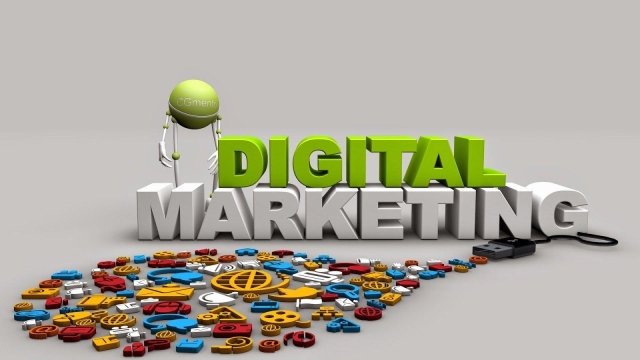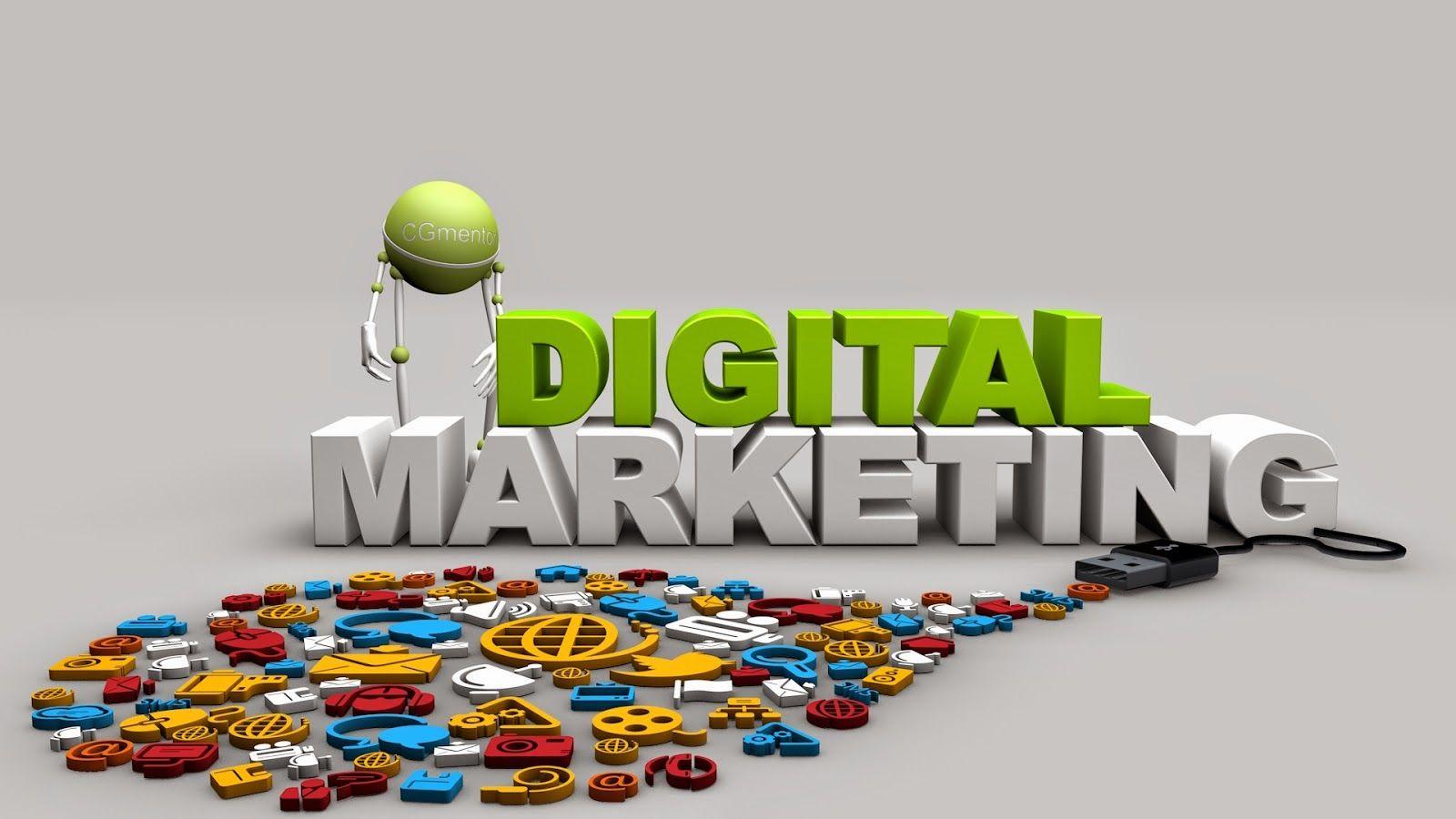
The Art of Securing Success: Mastering Insurance Marketing Strategies
- by Jose Bryant
In the ever-evolving world of business, one industry that continues to play a crucial role in our lives is insurance. However, with growing competition and changing customer needs, insurance companies must continuously adapt their marketing strategies to secure success in this dynamic landscape. Insurance marketing, at its core, is the art of effectively communicating the value and benefits of insurance products and services to potential customers. In this article, we will explore the various strategies and techniques that can help insurance professionals master the art of insurance marketing, driving growth, and building long-lasting relationships with their target audience. So, whether you are an industry veteran or just starting your journey in insurance marketing, join us as we delve into the intricacies of this vital field and discover the key factors that contribute to securing success.
Understanding the Insurance Market
The insurance market is a dynamic and ever-evolving industry that plays a crucial role in protecting individuals, businesses, and assets from financial risks. Insurance marketing plays a pivotal role in this industry, as it helps insurance companies reach and engage with their target audience effectively.
In order to excel in insurance marketing, it is essential to have a deep understanding of the insurance market landscape. This involves staying updated with industry trends, market shifts, and emerging customer needs. By being well-versed in these aspects, insurance marketers can develop strategies that align with the evolving market dynamics, ensuring their offerings resonate with the target customers.
Effective insurance marketing requires a comprehensive knowledge of the insurance products and services being offered. This includes understanding the different types of insurance, such as health, life, property, and casualty insurance, along with their specific features and benefits. Additionally, staying informed about the legal and regulatory frameworks governing the insurance industry is crucial for ensuring compliance and building customer trust.
To successfully market insurance products, it is essential to have a deep understanding of the target audience. This involves segmenting the market based on demographics, psychographics, and behavior patterns, allowing marketers to tailor their messaging and offerings to specific customer segments. By understanding the unique needs and preferences of different customer groups, insurance marketers can create personalized and compelling marketing campaigns that resonate with their audiences, driving higher engagement and conversion rates.
Understanding the insurance market is the foundation of successful insurance marketing. By staying knowledgeable about the industry landscape, insurance product offerings, and target audience, marketers can develop strategies that effectively promote their products and services, ultimately securing success in the competitive insurance market.
Key Strategies for Effective Insurance Marketing
- Identify Your Target Audience
Understanding your target audience is crucial for effective insurance marketing. By analyzing demographics, psychographics, and consumer behavior, you can customize your marketing efforts to resonate with the right people. Determine the specific needs and pain points of your audience and create compelling messages that address these concerns directly.
Builders Risk Insurance
- Develop a Compelling Value Proposition

A strong value proposition sets you apart from the competition and showcases the unique benefits your insurance products offer. Clearly communicate the key advantages and outcomes that your customers can expect by choosing your insurance services. Focus on how your offerings fulfill their needs, provide peace of mind, and deliver exceptional value in the long run.
- Utilize Multiple Marketing Channels
To reach a wide range of potential customers, diversify your marketing efforts across various channels. Establish a strong online presence by leveraging social media platforms, optimizing your website for search engines, and investing in paid digital advertising. Additionally, traditional marketing channels such as print media, direct mail, and events can still be effective in targeting specific segments of your audience.
Remember, implementing these key strategies for effective insurance marketing can help you connect with your target audience, differentiate your offerings, and ultimately drive success in this competitive industry.
Leveraging Technology in Insurance Marketing
In today’s highly competitive insurance market, staying ahead requires embracing the power of technology. With advancements in digital tools and analytics, insurance companies can now leverage technology to enhance their marketing strategies and gain a competitive edge.
Harnessing Data Insights: Through the use of advanced data analytics, insurance marketers can unlock valuable insights into customer behavior and preferences. By analyzing consumer data, such as demographics, buying patterns, and online interactions, companies can tailor their marketing messages to precisely target their ideal audience. This data-driven approach allows for personalized communication, which in turn increases customer engagement and conversions.
Automation for Efficiency: Automation technologies have transformed the insurance marketing landscape, streamlining repetitive tasks and improving operational efficiency. By automating processes like lead generation, customer segmentation, and email campaigns, insurance companies can save time and resources while ensuring consistent and timely communication with their audience. Automated systems also enable real-time tracking and monitoring of marketing efforts, providing valuable metrics for performance evaluation and future optimization.
Digital Channels for Reach: With the rise of digital platforms, insurance marketers have unprecedented opportunities to expand their reach and connect with their target market. By embracing online channels such as social media, search engine optimization, and content marketing, companies can engage with potential customers at various touchpoints along their buyer’s journey. Furthermore, digital channels enable insurance marketers to deliver personalized, interactive experiences that resonate with their audience, ultimately fostering brand awareness and loyalty.
As the insurance industry continues to evolve, leveraging technology has become essential for effective marketing strategies. By harnessing data insights, automation, and digital channels, insurance companies can unlock new avenues for success in their marketing endeavors. Embracing technology not only enables enhanced customer engagement but also enables companies to stay ahead of the competition in this ever-evolving landscape.
In the ever-evolving world of business, one industry that continues to play a crucial role in our lives is insurance. However, with growing competition and changing customer needs, insurance companies must continuously adapt their marketing strategies to secure success in this dynamic landscape. Insurance marketing, at its core, is the art of effectively communicating the…